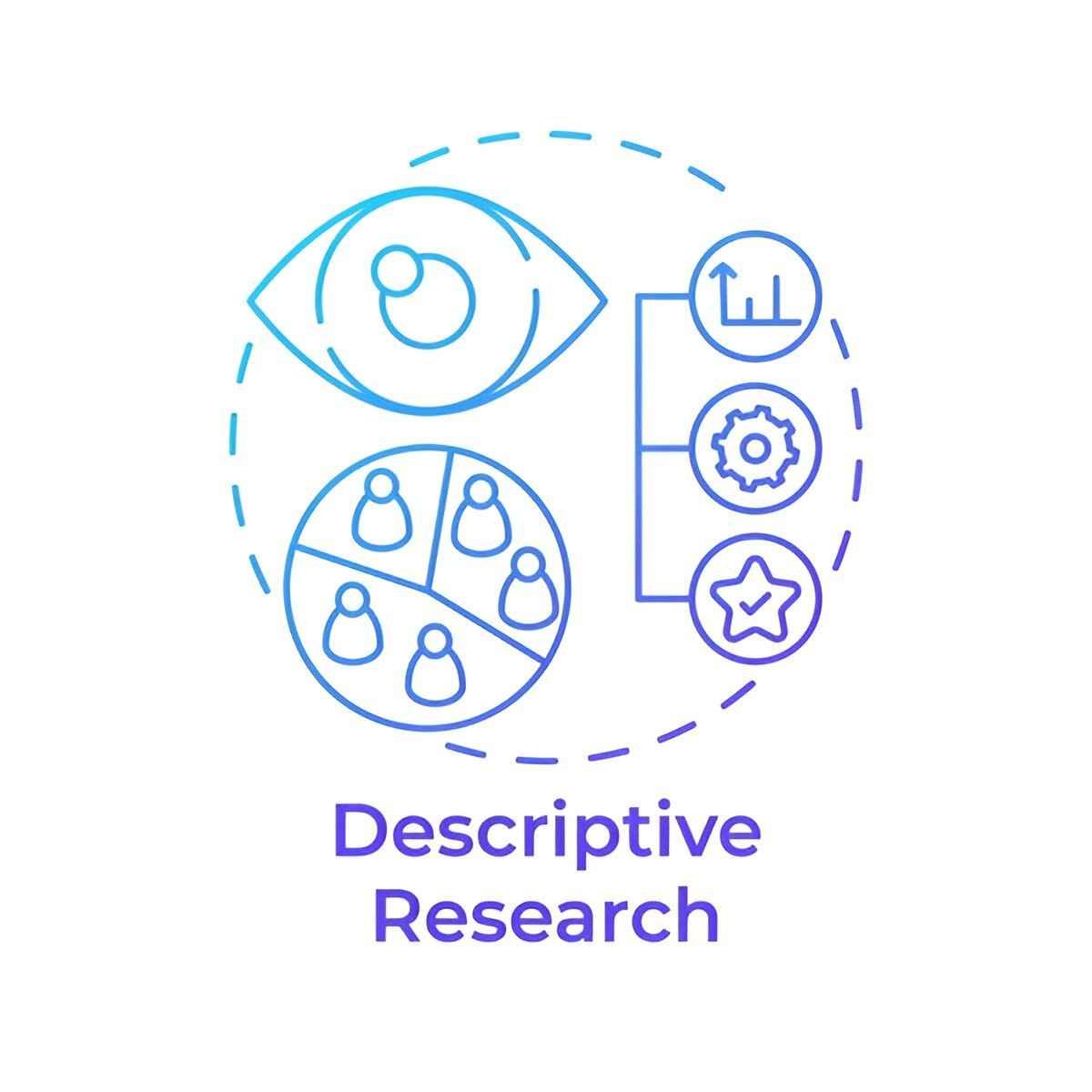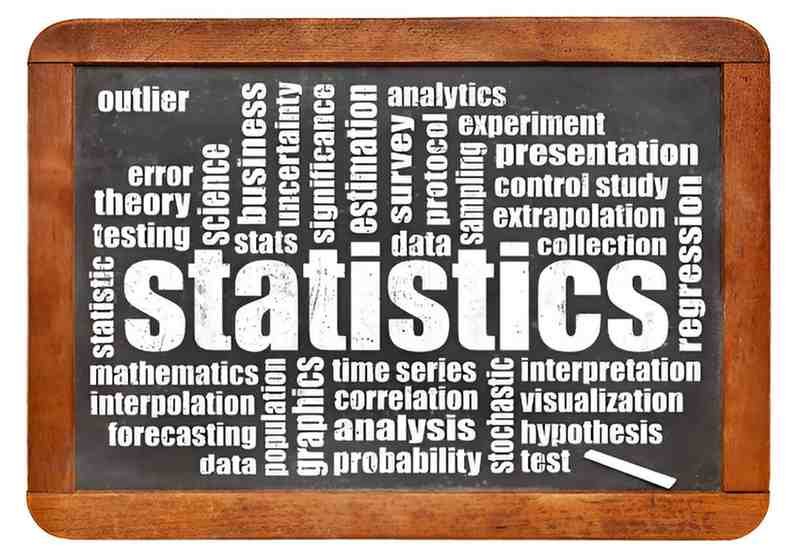Understanding Controllable Variance: A Simple Guide for Beginners
In accounting and finance, understanding variances is crucial for effective budgeting and financial management. One important type of variance is controllable variance. This guide will explain what controllable variance is, why it matters, and provide an example to help you understand it better. What is Controllable Variance? Controllable variance refers to the difference between the […]
Understanding Controllable Variance: A Simple Guide for Beginners Read More »










